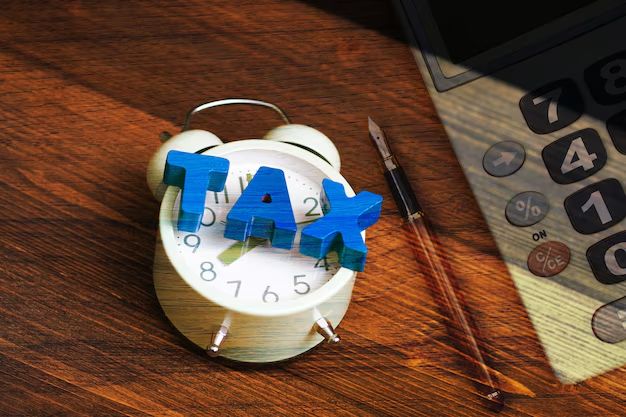Imagine you've just wrapped up a big project at work, feeling proud and ready to relax. Then, out of the blue, you get an invoice that's much higher than you expected.
The shock of seeing that hefty amount can be overwhelming. Many homeowners feel the same way when they open their property tax assessments. What should be a routine part of owning a home suddenly feels like an unexpected financial burden.
But just like handling any surprise bill, you don't have to panic. With a smart approach, you can manage the situation without stress.
Here's how to handle your property tax assessment with confidence and ease.
Step 1: Understand the Basics

First, it’s important to understand how property taxes are calculated and why you should review your assessment carefully. Local governments determine property taxes based on your home’s estimated value, which can depend on factors like size, location, market conditions, and even the state of local infrastructure such as roads or electricity.
However, the assessed value can be inaccurate. Sometimes properties are overvalued, especially if local records haven’t been updated recently. This means you could be paying taxes on a higher value than your home is worth.
Step 2: Challenging the Assessment

In many urban areas where property markets are booming, property taxes can quickly become a financial burden. If you feel that your property’s value has been overestimated, you have the right to challenge the assessment.
Think of it as a negotiation you would have at a local market stall. If the price isn’t right, ask for a better deal. Most areas have an official process where you can file an appeal. Start by comparing your property to similar properties in the area.
If there are any issues with the assessment, such as incorrect property details, make sure you point those out. If necessary, consider hiring an independent appraiser or property consultant to provide expert advice.
Step 3: Look for Property Tax Exemptions and Deductions

While challenging your property tax assessment, consider other ways to reduce your tax burden. Some groups, like seniors, or low-income households, may qualify for tax relief or exemptions.
If you've made eco-friendly upgrades, like installing solar panels or improving water storage, notify local authorities it could lower your assessment. You might also explore local tax incentives, as some areas offer reduced rates for sustainable properties or for homeowners who invest in improvements like energy efficiency.
Step 4: Plan Ahead

Even if you lower your property tax through appeals or exemptions, your assessment could rise again next year. To avoid a financial shock, budget for property taxes in advance, just like you would for school fees or other unexpected costs.
Include it in your monthly or yearly financial planning. Many African countries also allow tax payments in instalments, so if a large bill is coming, consider setting up a payment plan that suits your budget.



